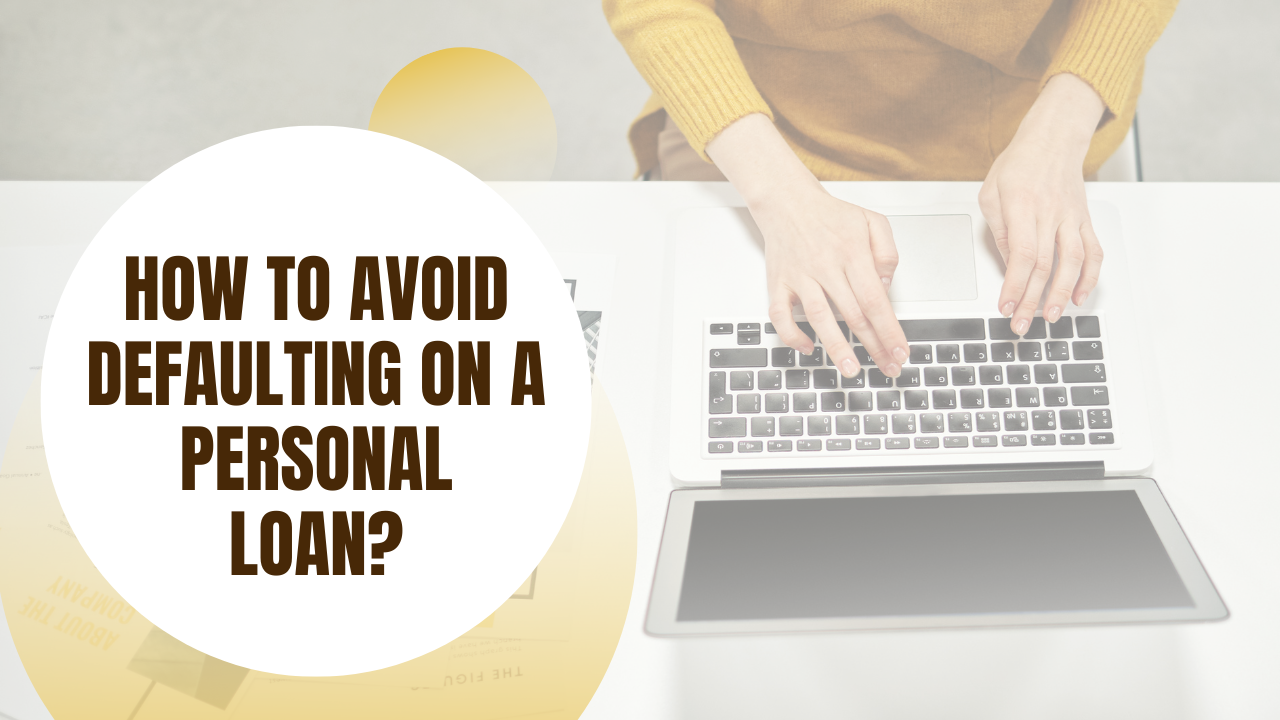To avoid defaulting on a personal loan, it’s crucial to create a budget and ensure that you can afford the monthly payments. Set up automatic payments to avoid missing payments or paying late fees. Communicate with your lender if you’re experiencing financial difficulties and explore the possibility of deferment or forbearance. Finally, prioritize paying off high-interest debts and avoid taking on new loans while repaying the personal loan.
Create a Realistic Budget
A realistic budget is crucial to avoid defaulting on a personal loan. Begin by listing your monthly income and expenses, then allocate a portion of your income towards your loan payment. Consider cutting back on non-essential expenses to free up extra cash for loan payments. Review your budget regularly and adjust it as needed to accommodate changes in your income or expenses, loan payments, prevent defaulting, and avoid the negative consequences of defaulting, such as harm to your credit score and additional fees and penalties.
Set Up Automatic Payments
To avoid defaulting on a personal loan, setting up automatic payments is a recommended strategy. With automatic payments, you can ensure that payments are made on time and avoid incurring late fees or penalties. Most lenders offer automatic payment options that can be set up online or over the phone. To set up automatic payments, you’ll need to provide your bank account information and authorize the lender to deduct payments from your account each month. Ensure that you have sufficient funds in your account to cover the payments, or you may face overdraft fees or other penalties.
Communicate with Your Lender
To prevent defaulting on a personal loan, it’s important to communicate with your lender. If you’re facing financial difficulties and are unable to make payments, reach out to your lender to discuss your situation. Many lenders offer hardship programs that can provide options such as deferment or forbearance to temporarily suspend or reduce payments. By communicating with your lender, you may be able to negotiate a more manageable payment plan and protect your credit score. It’s important to be honest and transparent about your financial situation, as avoiding communication or hiding information can make it harder to find a solution and increase the risk of defaulting.
Explore Deferment or Forbearance Options
To avoid defaulting on a personal loan, it’s advisable to explore deferment or forbearance options if you’re facing financial difficulties. If you’re unable to make your monthly payments, your lender may offer you the option to temporarily suspend or reduce your loan payments through deferment or forbearance.
Deferment allows you to postpone your loan payments temporarily, while forbearance allows you to reduce or suspend payments for a certain period. Both options can provide temporary relief from your loan payments and prevent defaulting.
However, it’s important to keep in mind that interest may continue to accrue during deferment or forbearance, and you may end up paying more in the long run. Moreover, not all lenders offer deferment or forbearance, so it’s essential to check with your lender to determine whether you qualify for these options.
It’s vital to consider all available options before deciding on deferment or forbearance, as they may have long-term consequences. Be sure to communicate with your lender to understand the terms and conditions of any deferment or forbearance agreement, including the duration, eligibility, and potential impact on your credit score.
Prioritize High-Interest Debts
To avoid defaulting on a personal loan, it’s important to prioritize high-interest debts. If you have multiple debts, it’s essential to pay off the ones with the highest interest rates first. By doing so, you can reduce the overall amount of interest you pay and prevent defaulting.
To prioritize high-interest debts, you can use either the debt avalanche or debt snowball method. The debt snowball method involves paying off the smallest debts first while making minimum payments on other debts. Although this method may not save you as much money in interest, it can help you build momentum and stay motivated.
It’s important to note that while prioritizing high-interest debts can help you avoid defaulting on a personal loan, it’s also essential to make sure you’re making at least minimum payments on all of your debts. Falling behind on any debts can have negative consequences, including late fees, penalty interest rates, and damage to your credit score.
Avoid Taking on New Loans
To avoid defaulting on a personal loan, it’s crucial to avoid taking on new loans. It might be tempting to take out a new loan to cover your current debts, but this can quickly lead to more financial problems.
When you take on new loans, you increase your overall debt burden, making it harder to keep up with your monthly payments. Additionally, if you’re already struggling to make your current loan payments, taking on new debt puts you at risk of defaulting on both your new and existing loans.
Before taking on any new loans, it’s crucial to assess your financial situation carefully. You should review your income, expenses, and existing debts to determine whether taking on more loans is a reasonable and responsible option.
If taking on new loans isn’t feasible, you might want to consider other solutions such as debt consolidation or financial counseling. These options can help you manage your debts more effectively and avoid defaulting on a personal loan.
Also Read:
- Top 5 Benefits of Loans from Licensed Money Lenders
- Why Payday Loans Are So Expensive
- 7 Good Reasons to Get a Personal Loan
- Is It a Good Idea to Get a Personal Loan for Your Marriage?




